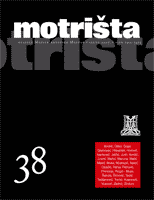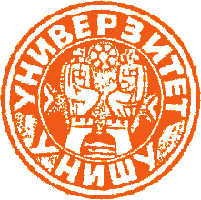
Sprawozdanie z III Seminarium Genealogicznego Nasze korzenie
Sprawozdanie z III Seminarium Genealogicznego Nasze korzenie. Wokół poszukiwań genealogicznych rodzin pomorskich, Gdynia, 8 października 2011 r.
More...We kindly inform you that, as long as the subject affiliation of our 300.000+ articles is in progress, you might get unsufficient or no results on your third level or second level search. In this case, please broaden your search criteria.

Sprawozdanie z III Seminarium Genealogicznego Nasze korzenie. Wokół poszukiwań genealogicznych rodzin pomorskich, Gdynia, 8 października 2011 r.
More...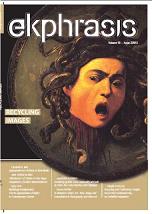
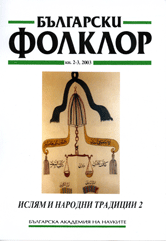








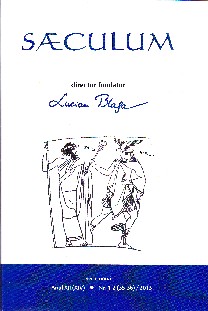
In this article we inquire which are the theoretical requirements for creating a moral manager, which are the factors that influence the ethical attitude of business men and why are these elements important in the business world. The managers, the main pawns in building a moral environment within companies, should have and use an intrinsic moral judgment, as it is found in the third level of Kohlberg’s post conventional morality and also they should thoroughly analyze before taking any decision they feel is morally just. One of the most important moral principle that managers should use is: “what you do not like, do not do to the other” or the so called “golden rule”. It can be applied irrespective of the culture of the company that the manager administers, because is universal. At the same time, reciprocity is a condition found in all societies, and enforcing such a principle could generate a maximum of returns for all people engaged. The ethic ideal can be found in some fundamental moral principles and, in this way, it is more closer to the functioning of ethics in the manager’s and community’s life. Besides principles, managers can use other ways of adopting moral decisions. Moral rules, moral norms and values can be useful in this sense, as a benchmark in taking decisions.
More...